The Alters Review- Uncut Diamond
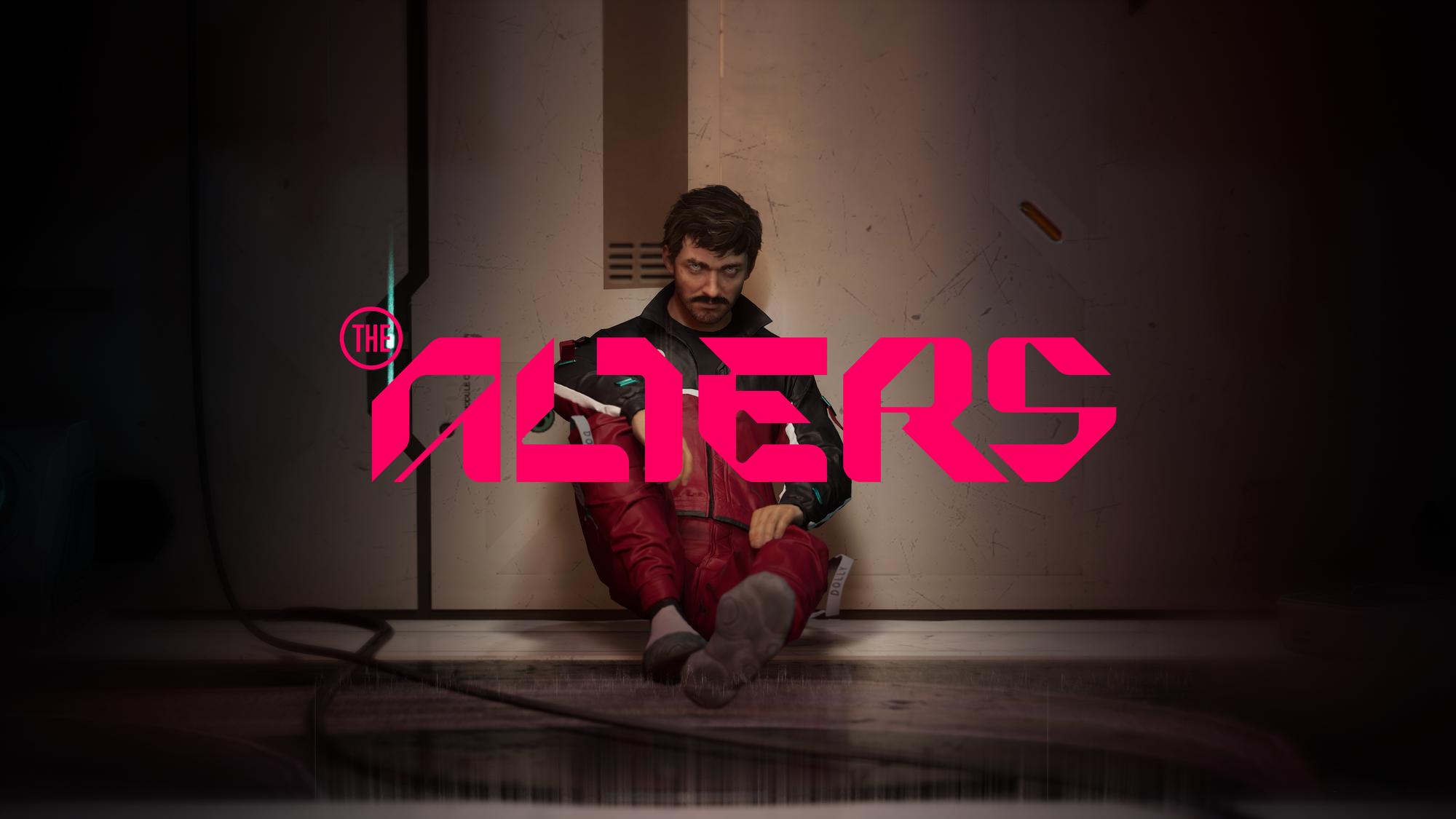
Update: I have been informed that the latest updates may have improved the things I had a problem with during my playthrough, but I believe going back in to redact my opinions is not the best use of my time. Take my opinions with a pinch of salt.
Lately, I feel like less and less publishers fund new and risky game ideas, choosing the route of franchising and remastering as a more predictable success metric. This results in a samey gaming landscape, with a barren creative landscape that fails to capture my enthusiasm.
In these past two years, 11 bit has acted as a beacon of hope for those times of fresh perspectives and I could not be happier with this turn of events. My history of greatness with them has started with the outstanding The Invincible; a unique and thought-provoking "walking simulator" that has long been stuck in the back of my head. The list of greatness continued with Indika and The Thaumaturge, and has now landed at The Alters.
Gameplay
My favorite way to explain gameplay in these articles is to find similarities with other games that you may have played. I find this to be a very helpful way of imagining what something feels like to play in a way no worded description can. Taking this into consideration, I would call this game a blend between Fallout Shelter and Death Stranding, with a little No Man's Sky.
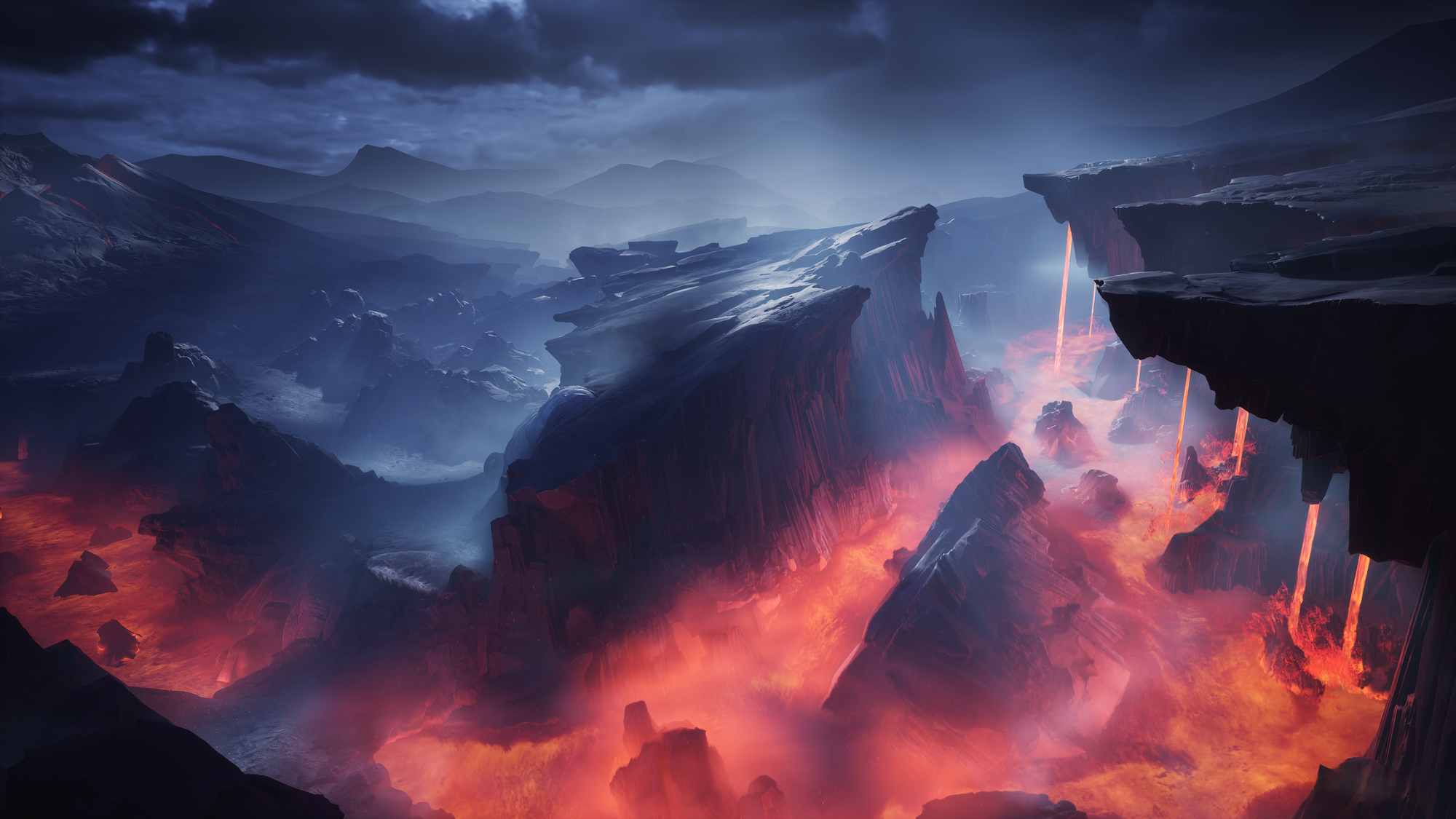
I am fully aware that description seems vague and confusing so I'll try to tackle each aspect of that summarization and expand on it a little.
Base building mechanics and "city management" are usually done in a top-down fashion (something like FrostPunk or Surviving Mars could serve as examples). The cross-section style of base building is the way less-common type, and the only other example I can think of is Fallout Shelter. You manage room types and resident skills based on your needs in an ever-expanding juggling act of resource and citizen happiness management. You are handed an empty base and must slowly enhance its potency and complexity with the help of new residents. This balancing act is very rewarding if done correctly, and it is this balance of the game that feels a bit skewed.
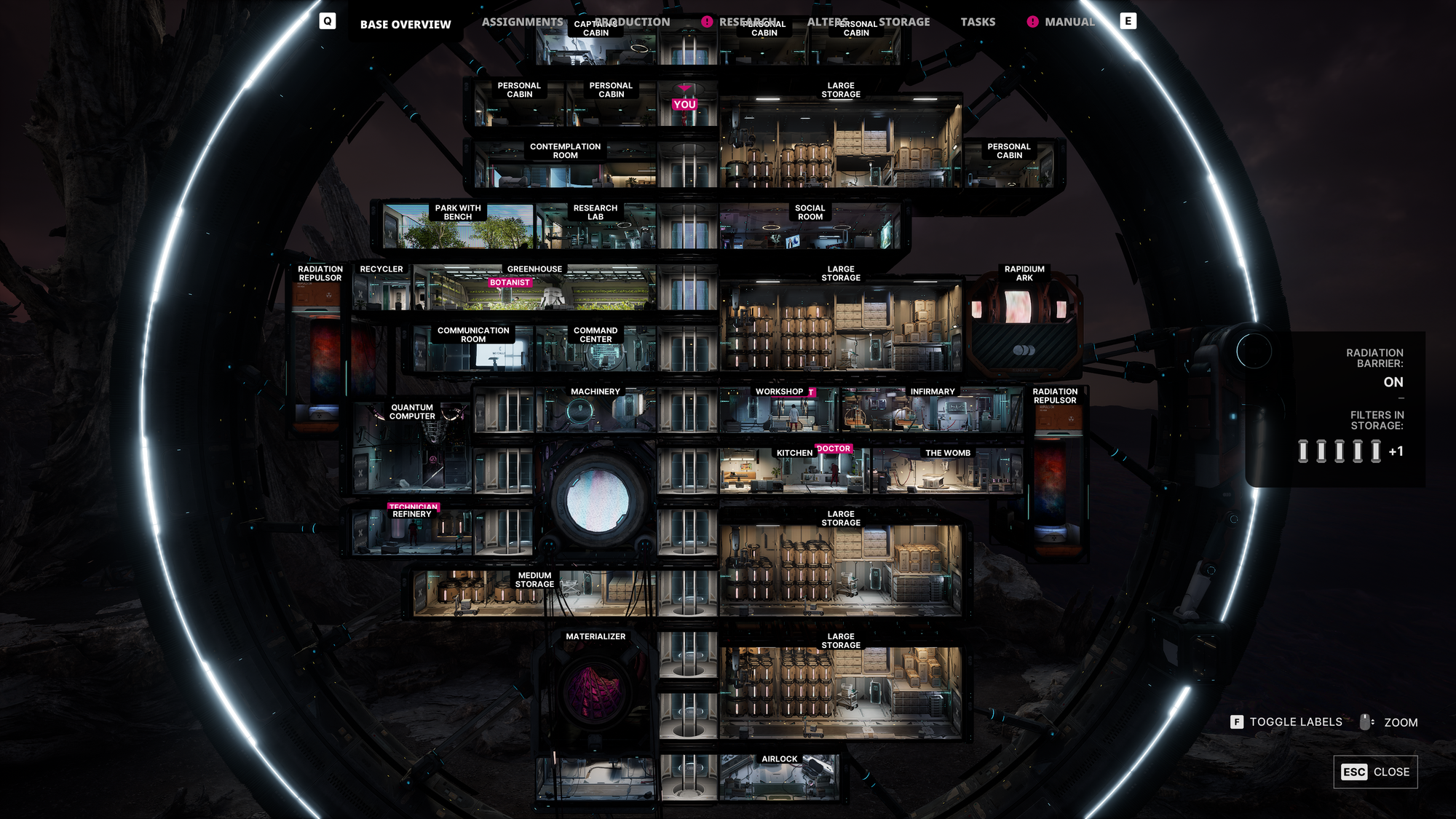
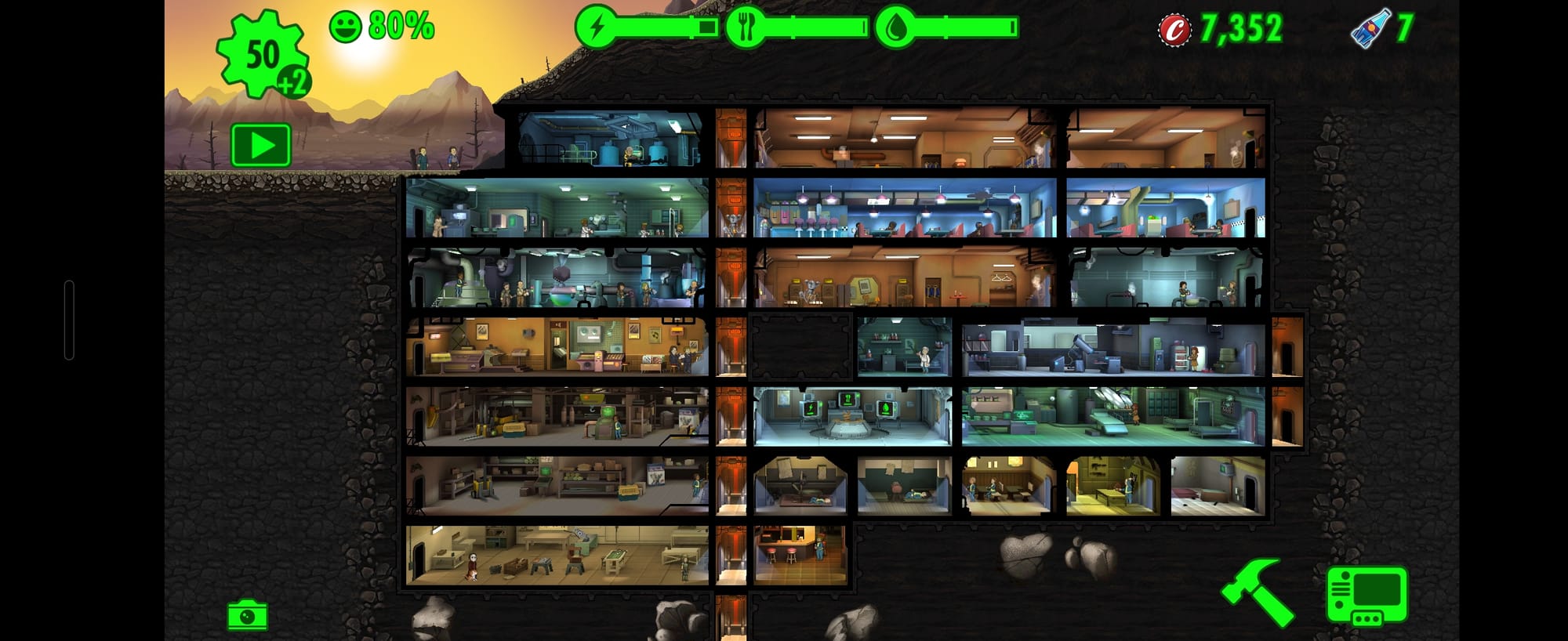
The Alters base (left) vs Fallout Shelter (right)
Each resident in this base has their own convictions, needs and wants and each time you fail to fulfill one of those requirements, they act like you commited the worst human-rights violation in existence. This dynamic creates a stark contrast between the severity of this life-threatening situation we find ourselves in, and the need of the residents for a nice park with a bench or non-mush food. We could be 6h away from being scorched to death by the sun and I would not be able to convince my dwellers to work an extra 2h so we can save ourselves.
Their constant threat of rebellion during these moments of tense story-related and time-sensitive objectives makes things almost impossible to deal with sometimes, thus forcing you to reload some 5 days prior in order to watch a movie with them so they're less likely to riot. I feel it is this balance that needs to be worked on, as it severely impacts the enjoyment of the game.
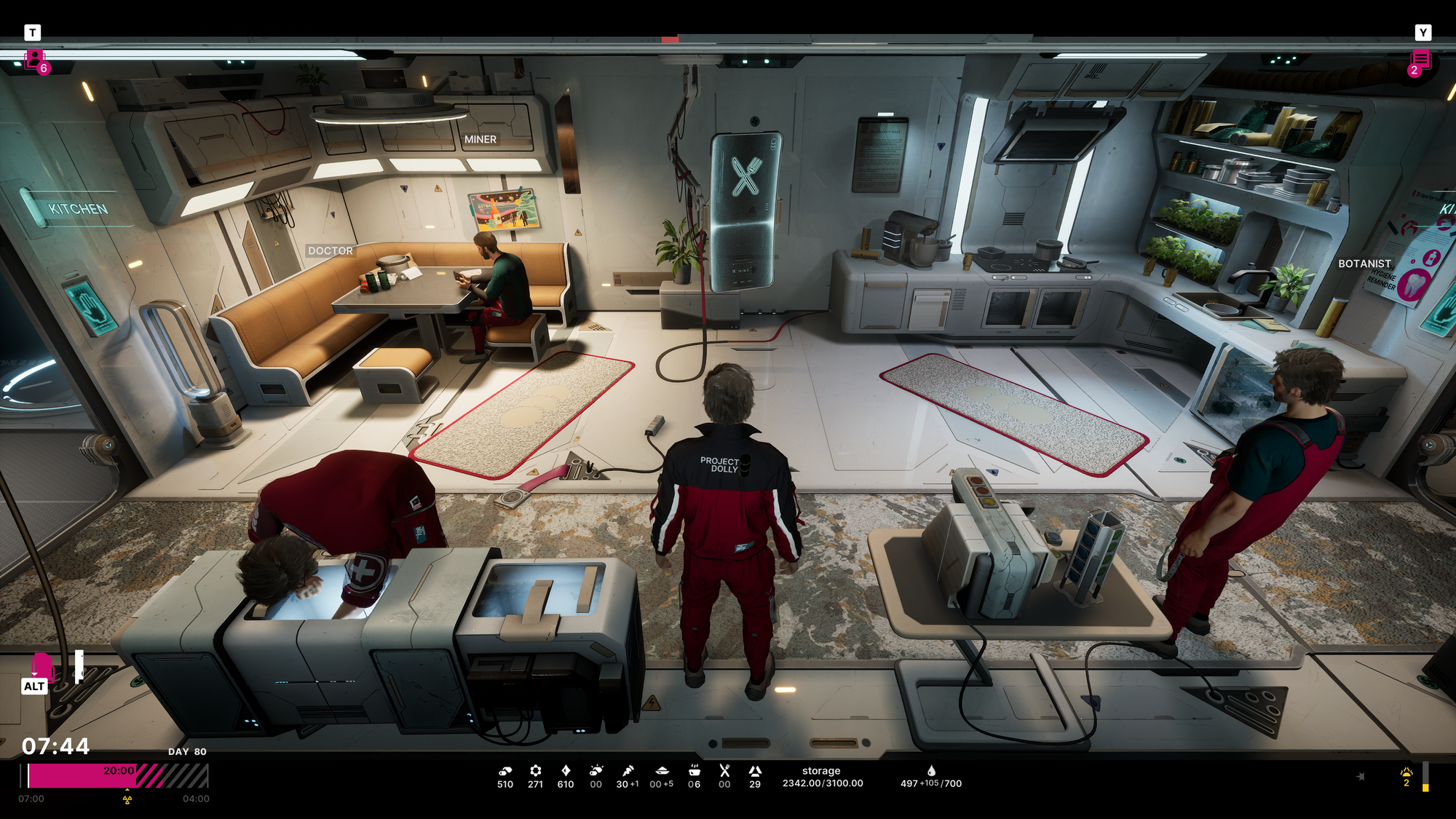
As far as resource management is concerned in this ever-present need for expansion, this is done via a No Man's Sky-adjacent mining mechanic. There's two types of resources in the game: ore veins and resource deposits. Ore veins are easily mined but only contain a small amount of resources, whereas resource deposits are endless but require infrastructure and an able workforce. The process of setting up these resource extraction structures is quite satisfying, but towards the end of the game, it becomes very agravating due to the presence of various blockers between you and the resource you're trying to get: rock formations, anomalies and an extremely vague deposit location make things very tedious to find and set up, to the point where they became detrimental to my enjoyment.
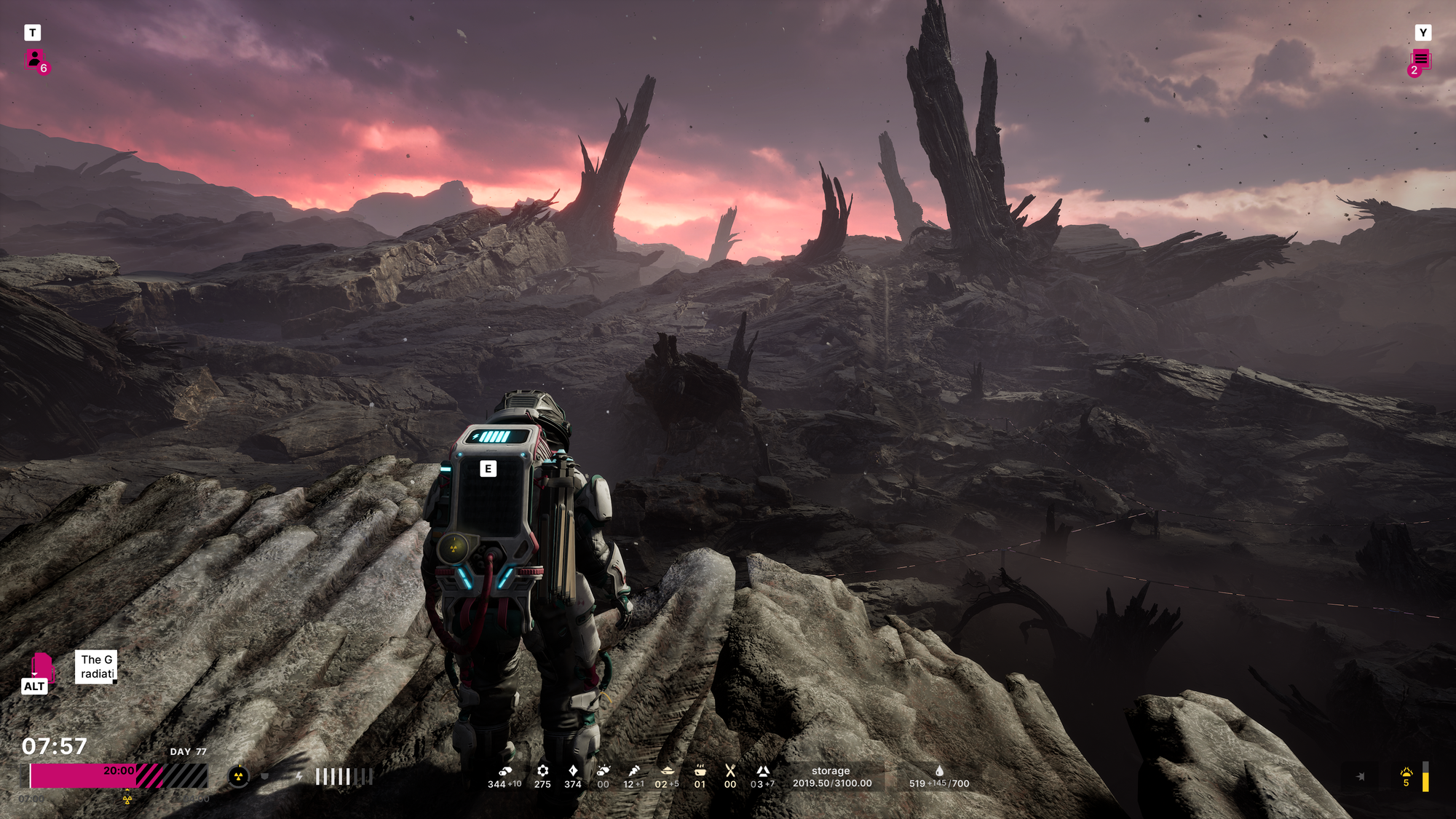
While we're on the topic of anomalies: the enemies you'll encounter in this game are blob-like anomalies with a diverse set of powers. They start out as immovable transparent clouds and slowly morph in complexity. By the end, their variety is cool, but their population count is honestly ridiculous. There was a series of missions in the 3rd act that required me to travel all the way to the edge of the map, and on the way I have encountered something like 15 static anomalies, 2 breathing anomalies, 1 prismatic anomaly, 1 time anomaly and 4 chasing anomalies. I won't try to explain what either of those are, but I just want you to grasp the sheer number of unfriendly objects you have to avoid to-and-from your objective.
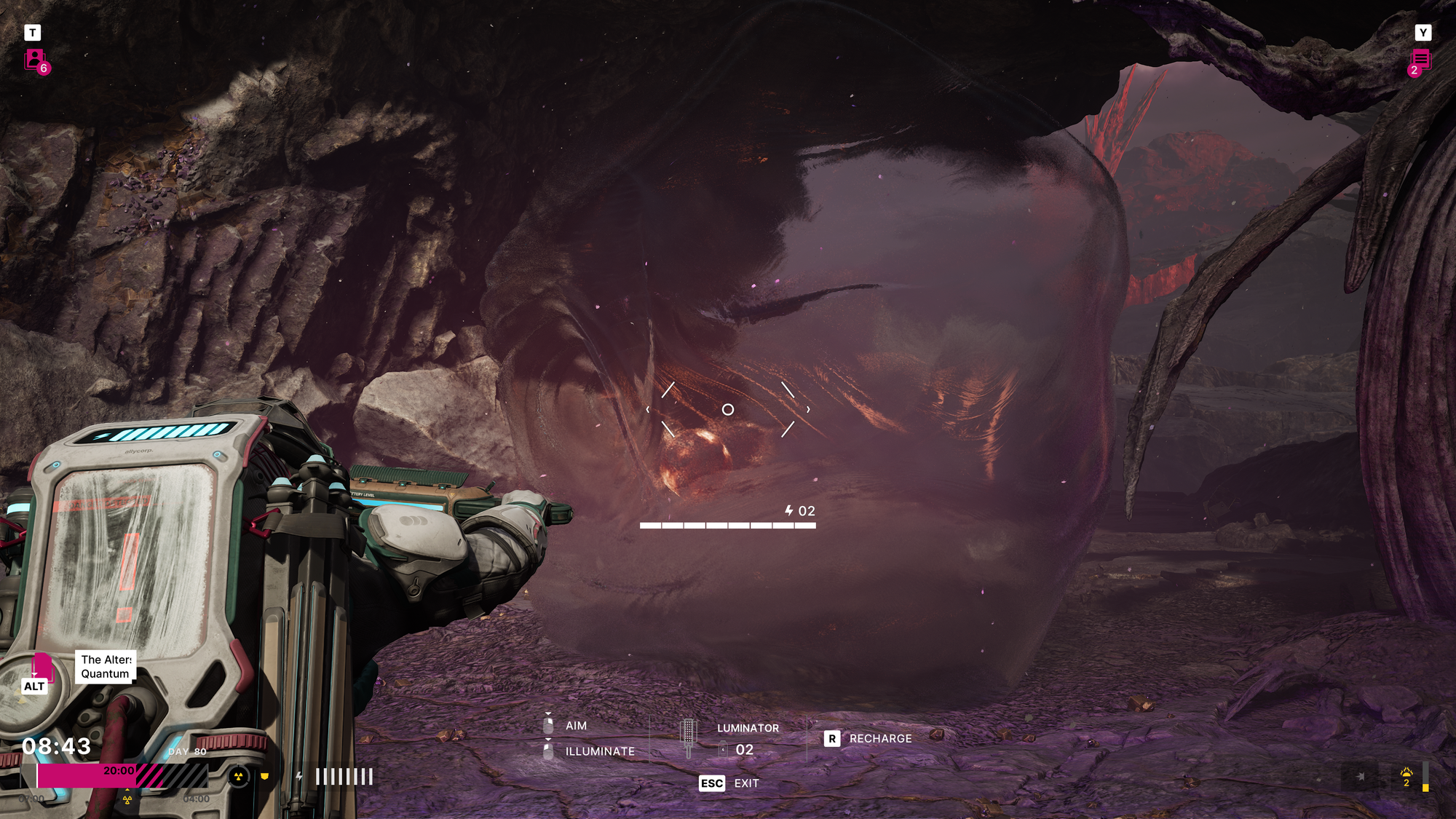
This entire paragraph can be summarized with this following statement: this game contains a fantastic set of management and gameplay ideas, which are unfortunately overtuned, sometimes turning the game into a tedious mess in the process. No system should be as stressful to deal with, regardless of the emotion its meant to evoque in the player. I was nearly going to quit this game for a few of these reasons (especially the revolt mechanic), before deciding to commit to an earlier reload and suffer through these inconsistencies through sheer ambition.
Story
Now story is where this truly gets interesting. You land on a rogue planet along with your expedition as part of a research group. Upon entry, things transpire and you end up being the sole survivor on a hostile plannet and a scorching sun threatens to turn you to ash. Upon further examination of the situation, it turns out you can make copies of yourself by branching out your memories into versions of yourself that took different life paths.
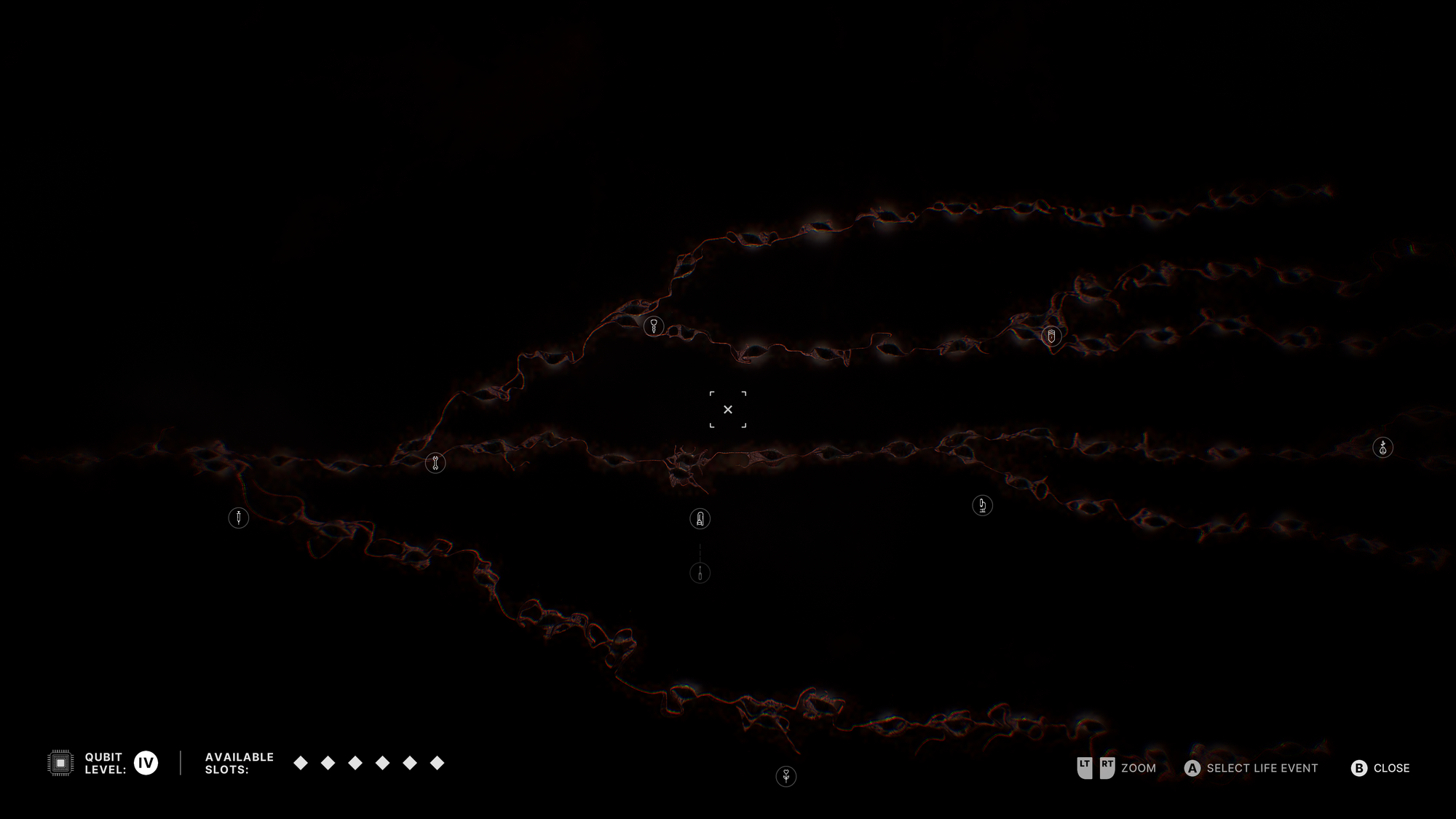
This quickly turns into a very interesting what-if situation about the condition of such a copied entity that's brought to life and the impact of one's seemingly insignificant decisions upon the final trajectory of a human's life, career and personality. "What does it mean to know you have been created as a replica of someone, and with a set purpose?", "What happens to me after I fulfil my mission?" as well as other similar situations are all moral qualms you get to deal with throughout this roughly 25h story.
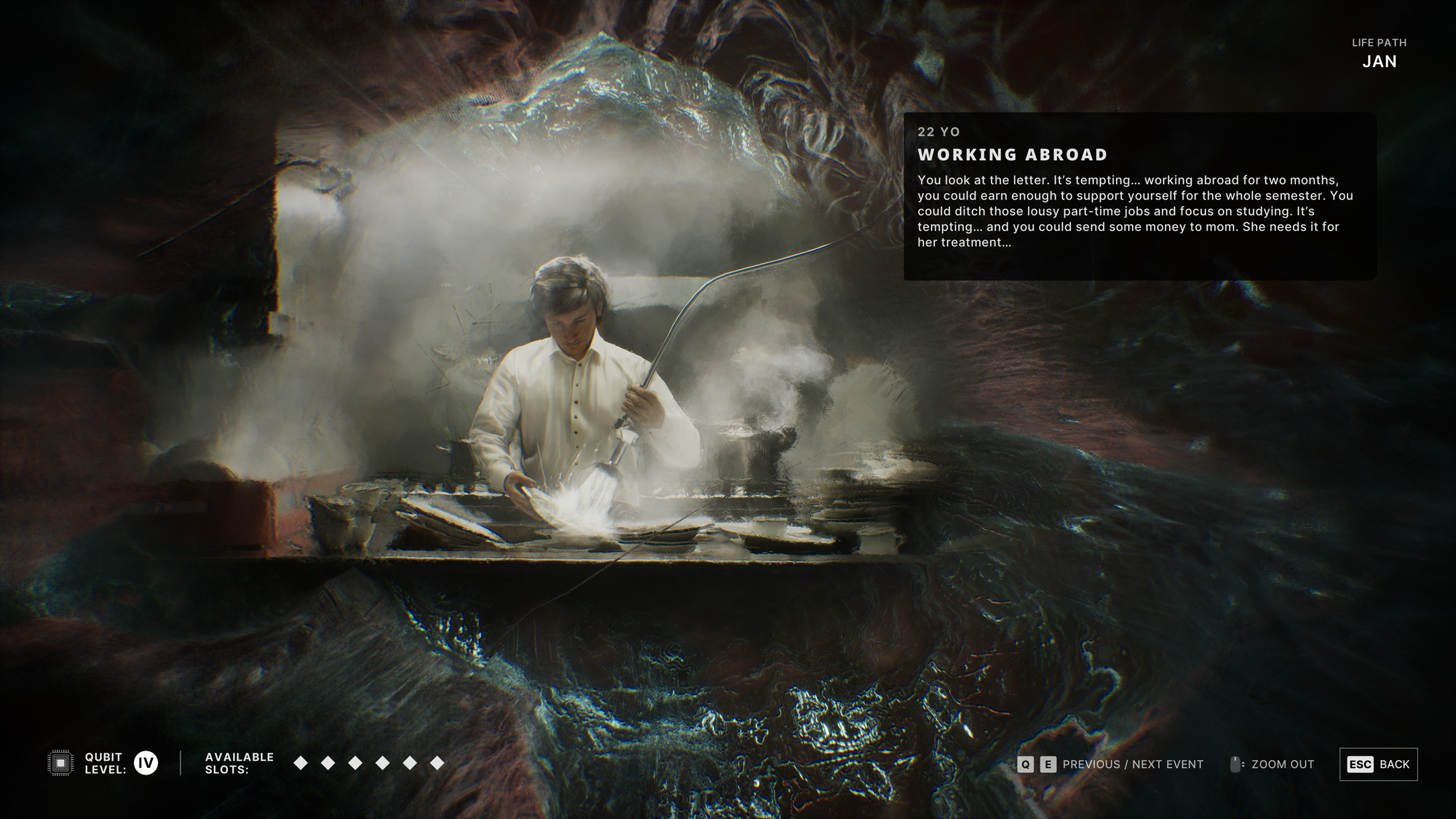
The situation is further complicated by two conflicting advisors: one being an independent researcher whose motives are unclear and the other being a soulless corporation ready to sacrifice you at any turn. Choosing who to trust more is entirely your call, and seemingly each option also comes as a package deal with a gigantic downside. I will not spoil the exact quandaries at play here, but trust me when I say, the situation is genuinely confusing (in a good kinda way).
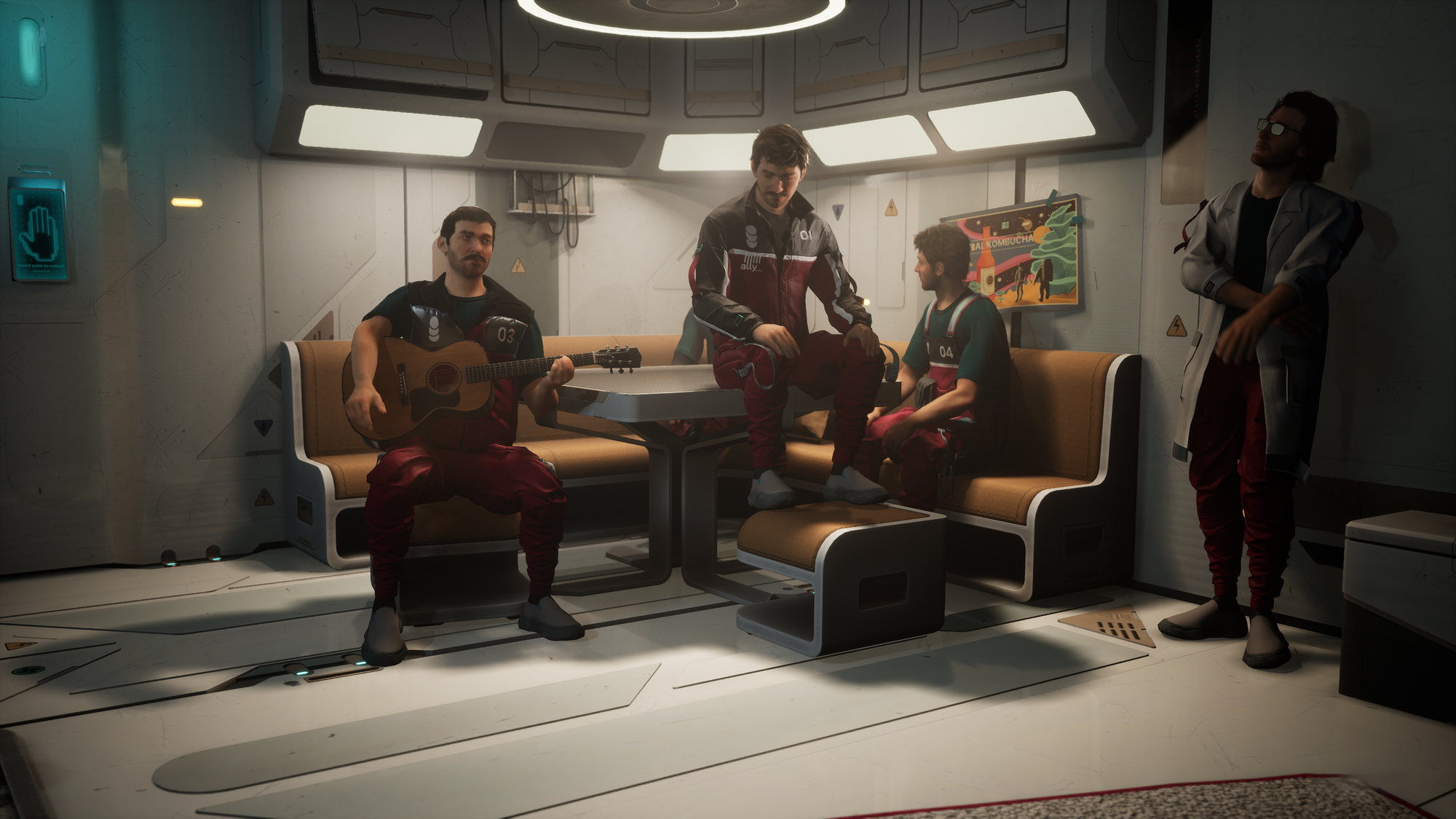
It's this story that kept me playing when the base management mechanics got annoying and I am happy to report the ending has a similar sort of sweet-and-sour vibe from a decisionmaking point of view.
Conclusion
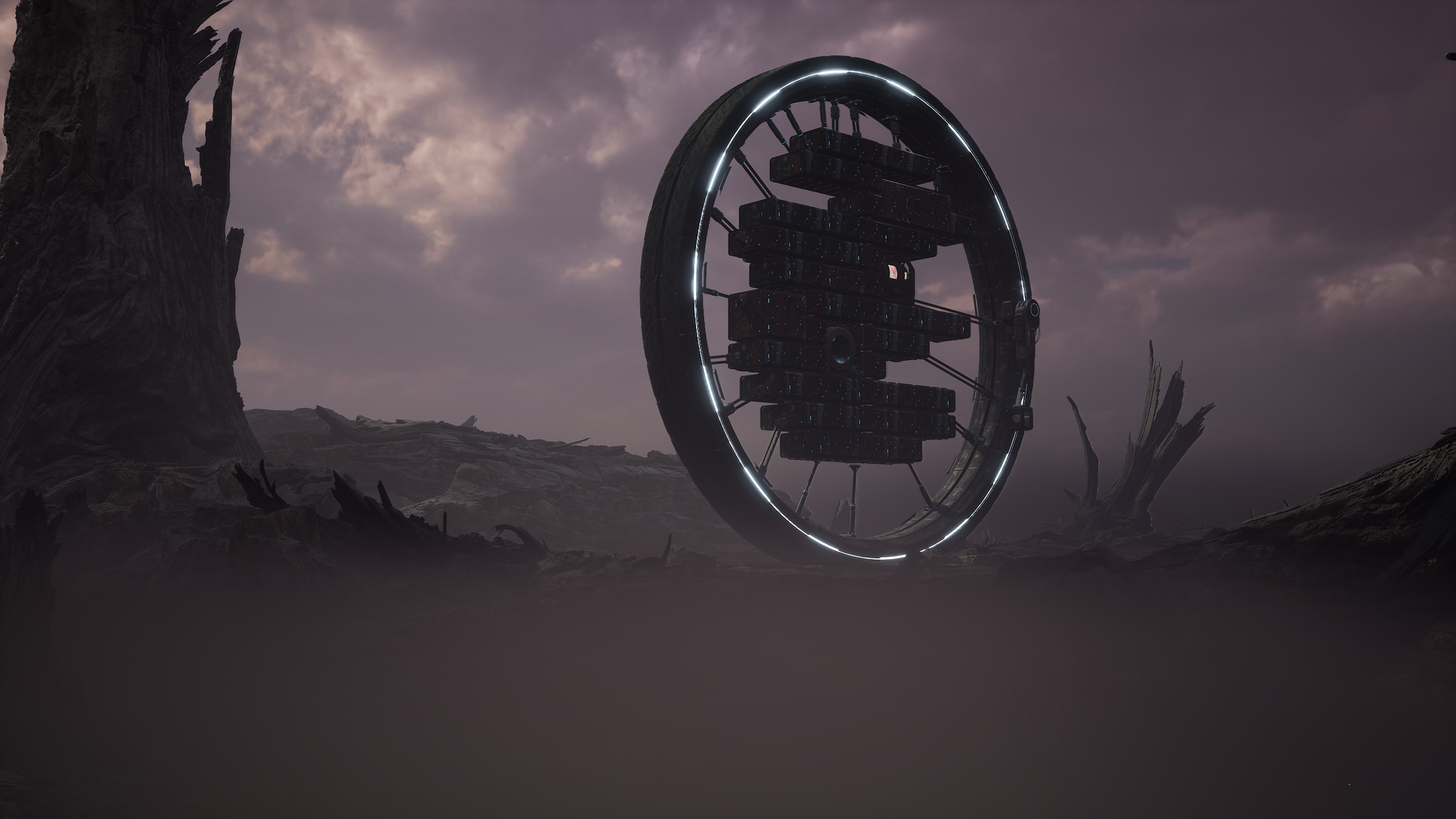
When everything is said and done, I deeply enjoyed my time playing this game, and I am glad I stuck through all of its hostilities. The story is extremely unique and thought-provoking and the gameplay systems meld together into a diverse and engaging overall package.
I must say though that I think gameplay tuning is to blame for getting me so close to exhaustion, and I would strongly encourage further game updates to lead to a less punishing experience... keep these values for a harder difficulty if you must, but make the normal difficulty a less stressful and unfair experience.
